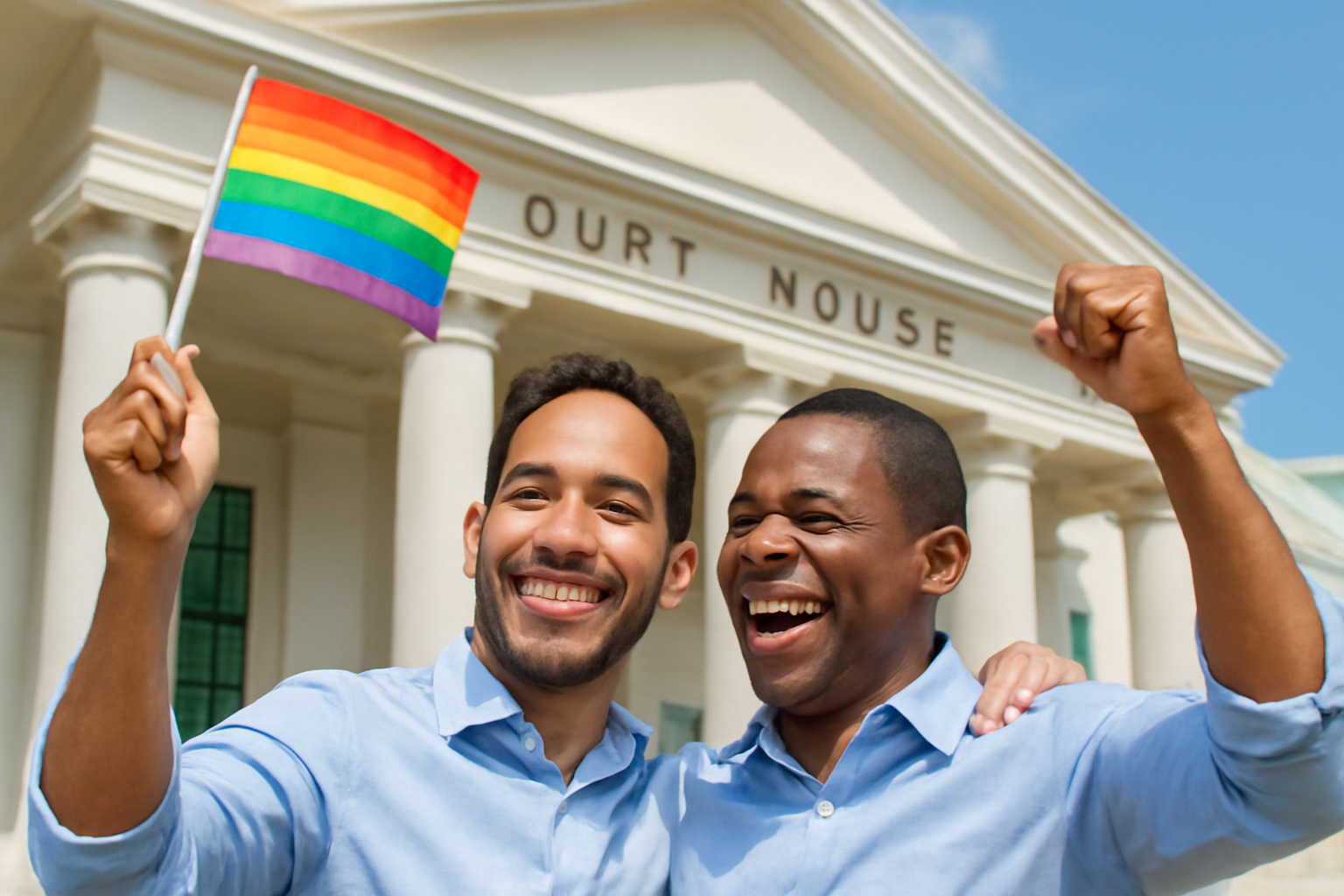
The roots and ramifications
St. Lucia's ban on same-sex relationships, much like its fellow Caribbean countries, rooted itself in colonial-era rules. These outdated laws criminalized consensual relationships between adults, leading LGBTQ+ people down a path filled with discrimination and marginalization. Activists, both local and global, alongside human rights organizations, have long championed change, fighting relentlessly against these oppressive laws. The previous regulations enforced harsh penalties, including jail time, on those engaged in same-sex activities. This legislation didn't just violate privacy and dignity; it bred an atmosphere ripe with fear and discrimination, making it impossible and unsafe at times, discouraging people from living openly.A transformative ruling
The recent court ruling has been met with cheers and applause from LGBTQ+ advocates and allies. The judges declared these laws unconstitutional, stating they infringed on basic human rights like privacy, equality, and freedom from discrimination. They emphasized that laws should respect and uphold everyone, rather than perpetuate outdated prejudices. Moreover, this decision goes beyond St. Lucia, setting a precedent that encourages other Caribbean nations riddled with similar discriminatory laws. It's a big step towards embracing human rights and building a more inclusive society.Feeling seen and heard
Across St. Lucia and beyond, LGBTQ+ folks and their allies are celebrating. The ruling feels like a massive leap towards a future where everyone can live genuinely without fear. Long-time activists see this as a beacon lighting up a hopeful future, symbolic that love should never be punished. Local LGBTQ+ groups have expressed deep gratitude. They've praised those who bravely stood at this ruling's frontline, often facing considerable personal risks just by sharing their stories.What lies ahead?
So, what's on deck after this ruling? Legal experts predict a wave, sparking not just reforms but shifts in attitude toward LGBTQ+ communities. It could prompt similar legal challenges across Caribbean countries that still abide by colonial-era statutes. Activists are hopeful this decision will push society towards broader acceptance and understanding, and they emphasize education and advocacy against discrimination and stigma as critical components. Though this ruling gives reason enough alone worth celebrating, they know it doesn't mean they're done. Continued support from government and community initiatives promoting inclusion and safeguarding LGBTQ+ rights remains vital.Strength in unity
This court decision underscores a powerful truth: there's immense strength in collective action. It calls on human rights groups, activists, and allies alike—unity and cooperation will move us closer toward equality. As St. Lucia continues this journey, every part and parcel in society must unite in crafting an inclusive future. That requires dismantling legal, social, and economic barriers still weighing heavily on LGBTQ+ communities. In essence, this ruling isn't just a legal victory; it represents a pivotal moment in an enduring fight against prejudice and serves as a guiding light towards justice and inclusivity across regions forging ahead.Related Posts
Transgender Erasure Actions Implemented by National Park Service
```html Trump administration's impact on national park service and transgender recognition The Trump administration made notable moves in undermining transgender representation, which included directing agencies like National Park Service not include "T" and "Q" when they refered “LGBTQ” in any official communication. This move seems part a broader plan by this administration aimed at reducin [...]
Drag Night Extravaganza: Daddies & Baddies at Atlantic City's Anchor Rock Club
Atlantic City, NJ, isn't just about its casinos and boardwalk—it's a hub bursting with energy and entertainment. One event that truly captures this spirit? The "Daddies & Baddies" drag night at Anchor Rock Club. This vibrant night celebrates amateur drag in all its glory, offering a kaleidoscope display where creativity and community unite. If you're looking where inclusivity and creativity take [...]
Pedro Pascal Criticizes JK Rowling's Celebration of Supreme Court Ruling
Pedro Pascal responds passionately against JK Rowling's stance Pedro Pascal, known from his role in *The Last Of Us*, has openly criticized JK Rowling following her support over a controversial Supreme Court decision in Scotland. The ruling, which has ignited a wave debate, stated that under 2010's Equality Act, "women" refers strictly "biological women." This decision came after a lawsuit from F [...]